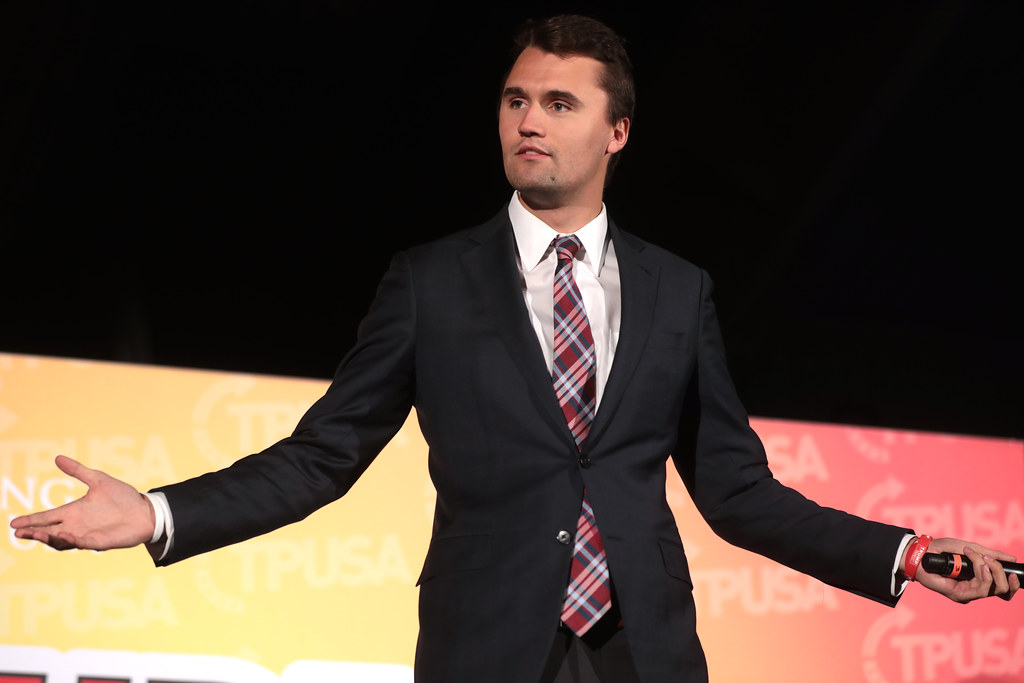Bostonians last Tuesday were presented with a bevy of choices for who should be charged with leading the city through the next four years. Mayor Michelle Wu led the pack with 71.84% of the vote, and her principal challenger Josh Kraft came in second with 23.07%.
Wu and Kraft were not the only two candidates running for the Mayor’s office this cycle. First time mayoral candidate Domingos Darosa took 2.61% and repeat candidate Robert Cappucci finished out the race with 2.24% of the vote.
The results of the mayoral contest were more or less expected by many pollsters leading up to election day. A poll conducted by Emerson College published Sept. 5 put Wu at 72% among likely voters, with Kraft at just 22%.
In that same poll, Boston voters placed “threats to Democracy” as their most important issue. Wu’s campaign has focused heavily on the threats Boston faces as a result of the policies the federal government has pushed on cities and states across the country.
Kraft’s campaign, in contrast, focused on issues like Mass and Cass, the perceived issue with bike lanes across the city and the closure of some underperforming Boston Public Schools.
Kraft’s campaign could have been the first to unseat an incumbent Boston mayor since 1949.
The Suffolk University Democrats volunteered for the Wu campaign and club President Joey Pisani said in an interview that the Suffolk Democrats were the first college Democrats group to endorse Wu in this election.
The Suffolk Democrats started their work for the Wu campaign by collecting signatures last spring, according to Pisani. Pisani interned for the Wu campaign but was speaking in his capacity as the president of the Suffolk University Democrats for this article.
On Sept. 11, Kraft issued a letter to his supporters announcing that he would not be continuing his bid for mayor in the November election.
Kraft announced on Instagram that he would be directing his remaining campaign funds towards issues surrounding Mass and Cass. Kraft said he would use $3 million to set up a recovery campus.
“I think that what was announced last night that spending the millions of dollars towards community based efforts should have gone to from the get go He should not have been so focused on trying to buy the election and putting millions of his own dollars to this election but to the causes he says that he believes in,” Pisani said in response to the announcement from Kraft.
Kraft’s campaign directly raised over $6.8 million since it was organized in late January according to the Massachusetts Office of Campaign and Political Finance. The campaign spent nearly $5.6 million in that same time. Generally political campaigns get to keep any unused funds they raise whether they win or lose unless the candidate moves to officially dissolve their campaign.
Candidates are able to spend that money on whatever they choose as long as the funds are used for their own political purposes or donations. Former Mayor Martin Walsh donated large sums from his campaign accounts in the past.
Wu’s campaign started the year with around $710k on hand, though the campaign has raised a little more than $1.8 million since Jan. 1. Wu’s campaign has spent $1.1 million in that time period.
Both campaigns also enjoyed the support of separate independent expenditure political action committees or PACs as they are better known.
The Your City Your Future PAC supported the Kraft campaign and spent vast sums on TV attack ads. The PAC spent $3,149,205.88 since early February.
The Wu campaign has the Bold Boston PAC that has existed since Oct. 2023. The PAC has supported many candidates across Boston political races, not just Michelle Wu. It spent $853,433.44, the most it has ever spent since its formation date.
Wu will now run essentially unopposed this November in the general election. This was not the only race that took place this past Tuesday, but it was the highest profile of them all this cycle.
“I really do hope that while we did get really good news last night students still [should] see the value in coming out and voting in the Nov. 4 election,” said Pisani. “Still showing up and having strong support for Mayor Wu, [is important] because it is about sending a message to Donald Trump and those in Washington that our city cannot be bought or bullied.”



















